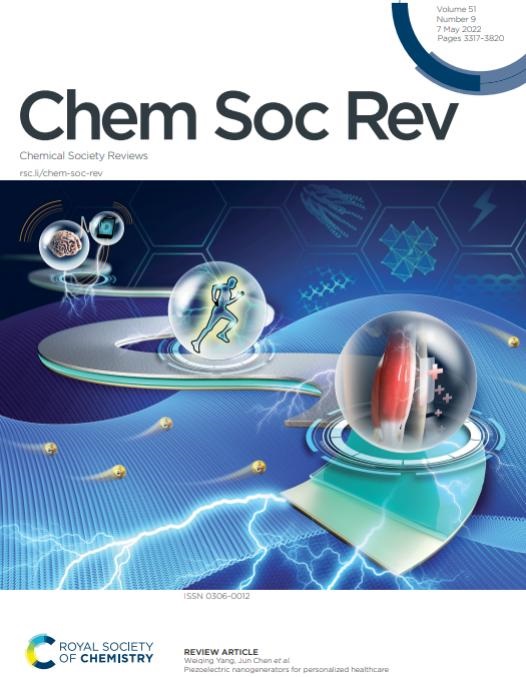智能电池:材料、监控和人工智能。
IF 39
1区 化学
Q1 CHEMISTRY, MULTIDISCIPLINARY
引用次数: 0
摘要
智能电池的出现解决了传统锂离子电池的关键局限性,包括资源稀缺、安全风险和环境问题,代表了能源存储的革命性飞跃。通过协同集成响应材料、高精度传感和人工智能(AI)驱动的管理,该系统具有稳定性、安全性、可持续性和敏感性(4S)等特征。我们严格审查了最近在响应材料方面的突破,这些材料能够在所有电池组件(包括电解质、分离器、电极、粘合剂和集流器)中进行自我保护、自我修复、自我适应、自我调整、自我诊断和自我充电。此外,我们详细介绍了用于实时安全监测的最先进传感技术和用于预测寿命管理的先进人工智能算法,为电池性能和安全性提供前所未有的控制。最后,本文概述了关键挑战,并概述了跨学科的未来研究方向,连接材料科学,先进诊断和预测分析。通过增强性能、安全性和环境兼容性,智能电池有望在全球范围内彻底改变储能技术,推动可持续能源转型,并为智能电力系统开启新的范例。本文章由计算机程序翻译,如有差异,请以英文原文为准。
Smart batteries: materials, monitoring, and artificial intelligence.
Addressing critical limitations of conventional lithium-ion batteries, including resource scarcity, safety risks, and environmental concerns, the advent of smart batteries represents a transformative leap in energy storage. This comprehensive review highlights their defining characteristics of stability, safety, sustainability, and sensibility (4S) by synergistically integrating responsive materials, high-precision sensing, and artificial intelligence (AI)-driven management. We critically examine recent breakthroughs in responsive materials capable of self-protection, self-healing, self-adaptation, self-adjusting, self-diagnosis, and self-charging across all battery components, including electrolytes, separators, electrodes, binders, and current collectors. Furthermore, we detail state-of-the-art sensing techniques for real-time safety monitoring and advanced AI algorithms for predictive lifetime management, offering unprecedented control over battery performance and safety. Finally, this review delineates critical challenges and outlines interdisciplinary future research directions, bridging materials science, advanced diagnostics, and predictive analytics. By enabling enhanced performance, safety, and environmental compatibility, smart batteries are poised to revolutionize energy storage technologies globally, driving sustainable energy transitions and unlocking new paradigms for intelligent power systems.
求助全文
通过发布文献求助,成功后即可免费获取论文全文。
去求助
来源期刊

Chemical Society Reviews
化学-化学综合
CiteScore
80.80
自引率
1.10%
发文量
345
审稿时长
6.0 months
期刊介绍:
Chemical Society Reviews is published by: Royal Society of Chemistry.
Focus: Review articles on topics of current interest in chemistry;
Predecessors: Quarterly Reviews, Chemical Society (1947–1971);
Current title: Since 1971;
Impact factor: 60.615 (2021);
Themed issues: Occasional themed issues on new and emerging areas of research in the chemical sciences
 求助内容:
求助内容: 应助结果提醒方式:
应助结果提醒方式:


